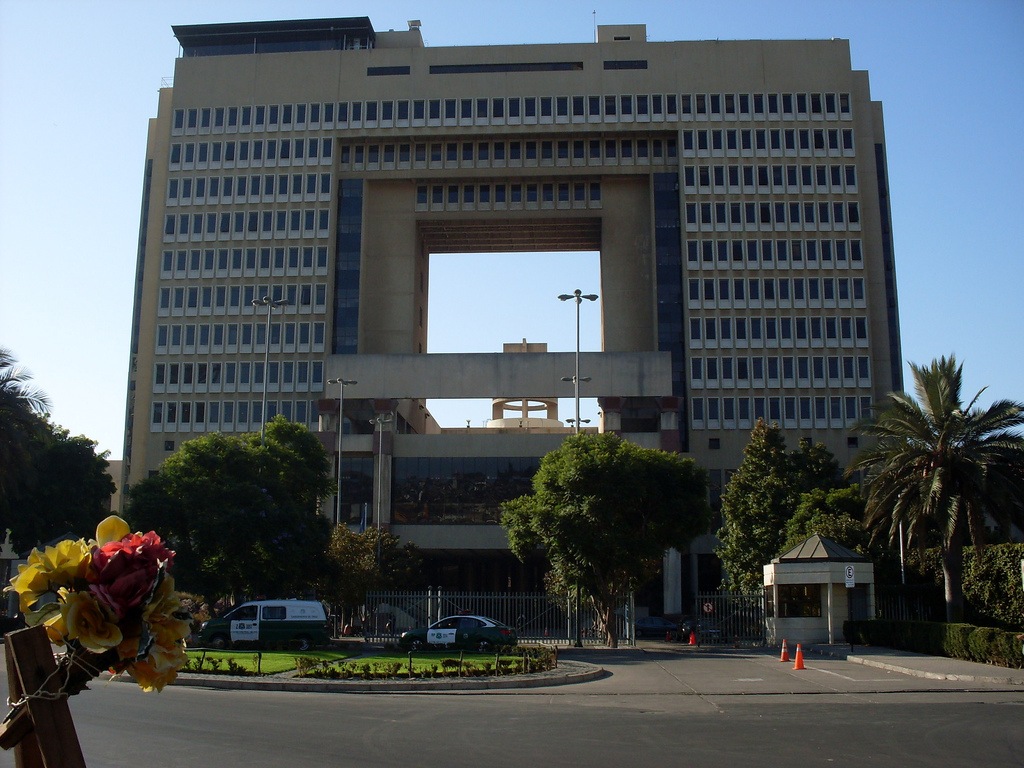RIO DE JANEIRO, BRAZIL – On Tuesday, May 26th, Chile’s Chamber of Deputies passed a bill to tax large fortunes – which impacts bankers, speculators and the corporate caste – to finance a new emergency minimum income during the Covid-19 pandemic. The proposal is to charge 2.5 percent of the wealty of the one percent of the populace that holds 22.6 percent of the country’s wealth.
“By a large majority, a draft bill has been passed in the Chamber of Deputies calling for President Sebastián Piñera to impose a 2.5 percent tax on the Super Rich for an Emergency Family Income. The bill is viable, now the president must answer,” said Karol Cariola, of the Communist Party of Chile, author of the initiative. Meantime, the illness has officially caused more than 800 deaths and 80,000 infections, figures considered significant by the World Health Organization (WHO) for a population of 17.9 million.
In her assessment, the result of 85 votes in favor, 40 abstentions and only 19 against reflects the Chamber’s understanding of the severity of the moment in which the country is plunged, which has translated into 5,000 new daily cases of the novel coronavirus.

“With a revenue of about US$6 billion it would be possible to sustain an emergency Basic Income above the poverty line (US$520 or 419,851 Chilean pesos for a family of three) for six months, with no distinction between formal and casual workers,” argued Cariola, stressing that “this would benefit almost for million(!) people, certainly a great relief for families that today are distressed and need the help of their countrymen”.
“If the State was used to enrich privileged groups close to Pinochet and draw with them a new map of extreme wealth in Chile, why don’t we use the State, through a tax, to redistribute that wealth?” Cariola asked.
So far, some 500,000 Chileans have lost their jobs or had their wages cut. With no good perspectives, street rallies have been increasingly frequent and massive, even on the outskirts of the capital, Santiago, which accounts for 90 percent of cases and where the population is quarantined.
Quoting the Economic Commission for Latin America and the Caribbean (ECLAC) and popstar French economist Thomas Piketty, Cariola also recalled that in Europe there is a debate on “a tax on the net wealth of one percent of the richest taxpayers in the European Union for a period of ten years. In Chile, we are talking about a tax that would reach less than the wealthiest one percent and only once. There are no excuses to oppose it,” she said.
ECLAC’s Social Panorama for Latin America 2019 “reports an increase in the concentration of wealth, and as a result the strong increase in inequality affecting Latin American countries”.
Extending support
The bill has won support from several opposition sectors, such as deputies Matías Walker, Alexis Sepúlveda, Manuel Monsalve and Andrea Parra. Deputy Gael Yeomans also joined the Broad Front coalition of parties, understanding the need for the initiative.
Bárbara Figueroa, president of the Chilean United Workers’ Federation, said it was essential to increase pressure for the bill’s immediate approval and break out of the neoliberal straitjacket. “We cannot continue subsidizing this model’s policy of not wanting to spend more so as not to stick our hands in the pockets of the super rich. Today the time has come to talk about a tax, even if it is temporary, on high-net-worth individuals to face the crisis.”
“To ensure national or regional quarantine, food vuchers for families need to be secured because it is not enough to bring them a food basket. Families want dignity and to do so they need funds to overcome the poverty line, to make sure that they don’t lose wages and jobs”, added the union leader.
Luis Mesina, spokesperson for No More Pension Fund Administrators (No+AFP), stressed that “30 years after Pinochet’s tyranny, we still have the worst income distribution, with 12 multimillionaires taking our money”.
“There is a brutal inequality and a high concentration of wealth, because the big economic groups use our savings, our humanity, our lives to finance their spurious projects,” he said.
Faced with the tsunami of demonstrations that shook the country in 2019 and the brutality of a police and military repression that harmed hundreds of protesting youths, a constitutional plebiscite was convened by Congress, as the public’s rejection of the current administration reaching 80 percent.
Because of the pandemic, the vote had to be deferred, but the protests have returned since last week, particularly in the peripheral districts of Santiago, such as El Bosque and La Pintana, to protest that Chilean families are not even able to rely on the meagre financial aid and basic food baskets promised to tackle the quarantine.
Against Piñera’s administration, residents have once again been banging on pots and pans in recent days and erecting posters with the words “I’d rather die of Covid-19 than starvation”.

